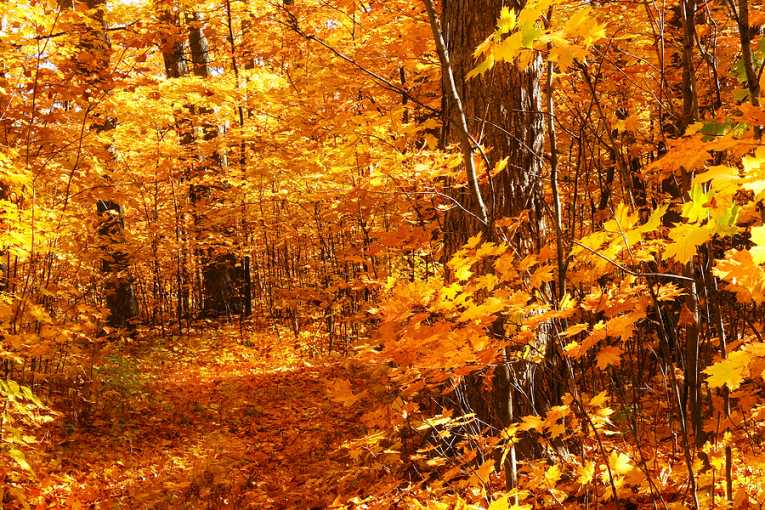The iconic maples, which attract so many tourists to the multicoloured New England autumn, could be under threat from an invading beetle says the National Science Foundation (NSF).
The Asian longhorned beetle (ALB) is the alien species in question and scientists who have carried out the first study of its numbers fear it could spread from tree-lined city streets to the north east's beautiful maple forests.
The results of the study appear in the Canadian Journal of Forest Research.
So far, the beetles have been found in cities like Chicago, New York and Boston, but the infestation in Worcester, Massachusetts has seen the species move into nearby forests since they were first recorded in 2008.
A containment effort covers a 98-square-mile perimeter around Worcester, with scientists fearing that the beetle could enter a wooded corridor linking New York to New Hampshire, Vermont and Maine.David Orwig, a forest ecologist at the National Science Foundation's (NSF) Harvard Forest Long-Term Ecological Research (LTER) site, said: "the ALB apparently has been in the Worcester area for at least 10 years, and, undetected, could have easily spread to even larger tracts of continuous forest."
Kevin Dodds, an entomologist from the U.S. Forest Service said: "From our work it became apparent that ALB was readily moving through forests and attacking trees, making it a threat to forests in the region."
Maple trees are the favoured forest home of the ALB - they were found in around two-thirds of the maples in one survey site - and the trees are vital to the economy of New England, attracting tourists who spend $1billion and producing syrup.
"If the ALB continues to spread outside Worcester, the abundance of red maples could provide a pathway for its dispersal throughout New England and other parts of eastern North America," said Orwig.
In order to keep the outbreak in check, forestry managers have been felling trees, changing the make-up of the forest with oaks coming to predominate which could have unforeseen consequences for the whole ecosystem.
Orwig argues for long-term study of the ALB and its effects, saying: "Only through a long-term approach can we begin to evaluate the impacts of how ecosystems are impacted over decades and longer."
Top Image Credit: Maple trees in autumn © Sandralise










